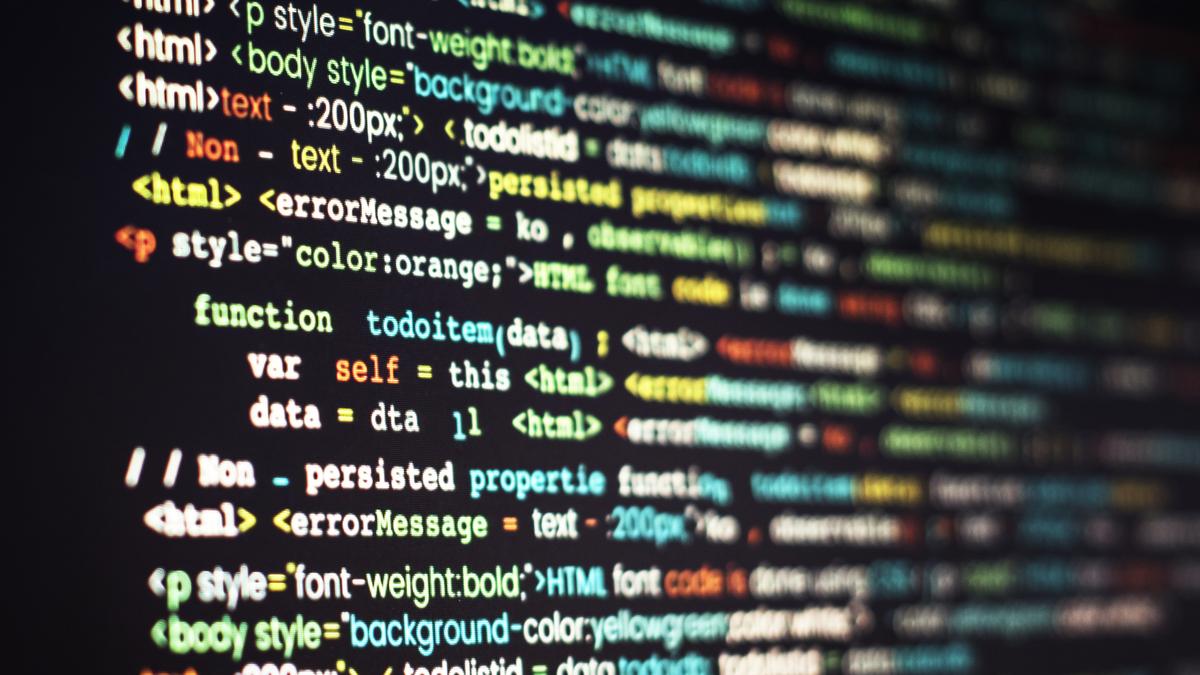What is Coding, and When Did It All Begin?

What is Coding, and When Did It All Begin?
Definition
- Coding or computer programming is the process of translating human instructions into a language understood by machines.
- It uses programming languages such as Python, C, JavaScript, and Java.
- Coders create algorithms — step-by-step instructions for solving problems or automating tasks.
- Coding requires logical and structured thinking.
Ancient Roots of Coding
- The concept of coding predates electronic computers.
- 9th Century: The Banu Musa brothers developed mechanical musical instruments like an automatic flute player.
- 1206: Al-Jazari invented automated drums using pegs to encode mechanical instructions.
- These early mechanical devices represented primitive forms of programming.
Ada Lovelace – The First Programmer
- Ada Lovelace (1815–1852), a British mathematician, collaborated with Charles Babbage on his Analytical Engine.
- In 1843, she wrote an algorithm to calculate Bernoulli numbers — regarded as the world’s first computer program.
- She is recognized as the first computer programmer in history.
Evolution of Coding Languages
- Early electronic computers were programmed in binary or machine code (1s and 0s).
- Higher-level languages were developed to simplify programming.
Key Milestones:
| Year | Language | Significance |
|---|---|---|
| 1957 | FORTRAN (Formula Translation) | First high-level language; mathematical focus |
| 1958 | LISP | Used for Artificial Intelligence research |
| 1960 | COBOL | Developed for business computing |
| 1964 | BASIC | Designed for educational purposes |
| 1972 | C | Used for systems and operating systems like UNIX |
Rise of Personal Computing and the Internet
- 1970s–1990s: The advent of personal computers and the Internet made coding accessible to the public.
- Shifted from being a specialized skill to a widely learned discipline.
- Coding evolved rapidly in accessibility, design, and application.
Coding in the Modern World
- Coding powers computers, smartphones, vehicles, medical devices, financial systems, and government operations.
- Modern languages like Python, JavaScript, and Swift are simpler and more human-readable.
- The open-source movement promotes collaboration, allowing global users to share and improve code freely.
Broader Perspective
- Coding stands at the intersection of creativity and logic.
- It continues the innovative spirit of early inventors.
- Today, it is increasingly considered a fundamental skill, even for school students.
Key Takeaways
- Coding has historical origins in early mechanical automation.
- Ada Lovelace is credited as the first computer programmer.
- Coding evolved from binary machine code to high-level, user-friendly languages.
- It now underpins every major sector of modern life.
- Coding literacy is viewed as essential in the digital era.
Updated - October 29, 2025 11:00 am | The Hindu
coding computer programming Ada Lovelace Charles Babbage Analytical Engine FORTRAN COBOL LISP BASIC C language history of computers evolution of programming open-source movement digital literacy mechanical automation Banu Musa brothers Al-Jazari history of technology computer science IT software development artificial intelligence education school curriculum technology history science and technology computing innovation modern education STEM learning early programming